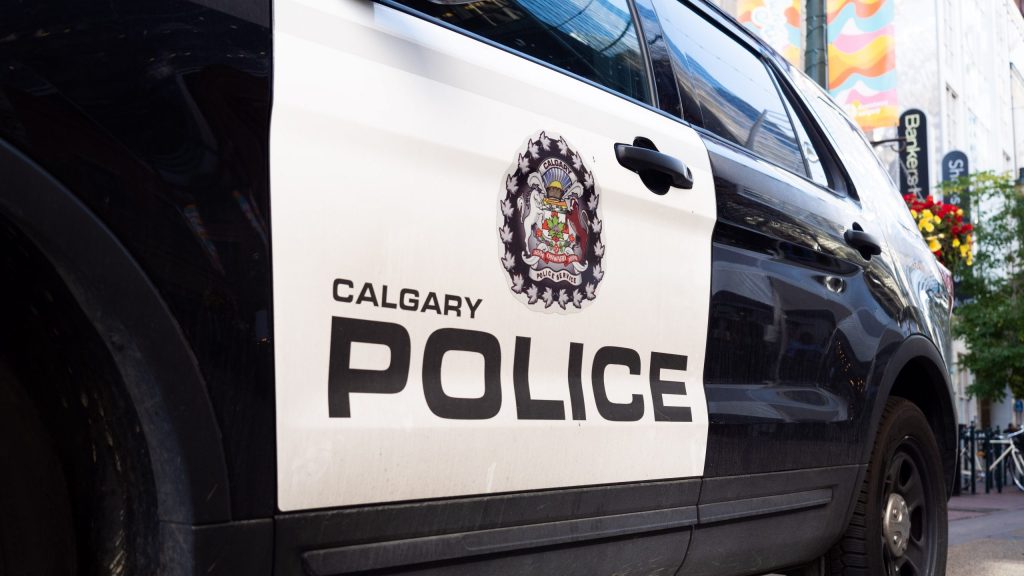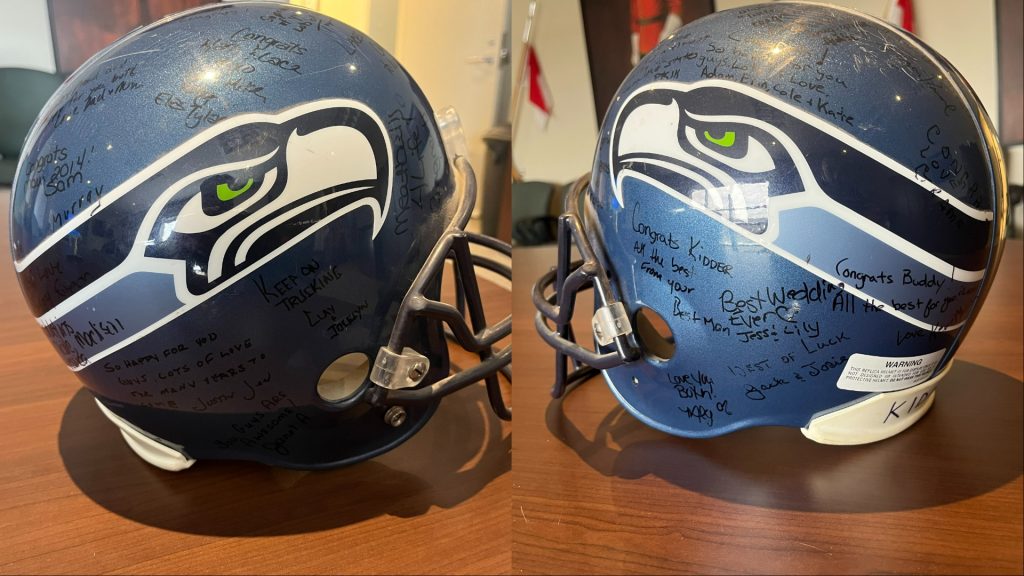War crimes court says Libya has challenged its right to try Seif al-Islam Gadhafi
Posted May 1, 2012 12:08 pm.
This article is more than 5 years old.
AMSTERDAM – The Libyan government on Tuesday formally challenged the International Criminal Court’s right to try Moammar Gadhafi’s son for war crimes, arguing that he should face justice on Libyan soil despite concerns he may not receive a fair trial there.
It also asked The Hague, Netherlands-based court to drop its demands to hand over Seif al-Islam Gadhafi while it considers the challenge.
The international court or ICC, is authorized by the U.N. to try war crimes committed last year as rebels fought the Gadhafi regime. It has issued an arrest warrant for the late dictator’s son for allegedly killing and persecuting civilians during the uprising.
Seif was captured by rebels last year and is being held in isolation in the western Libyan town of Zintan. Ultimately the court has no police force or other way of enforcing its rulings, and can only appeal to the U.N. if Libya were to flout them.
However, the ICC does not oppose Seif being tried in Libya in principle, spokeswoman Sonia Robla said Tuesday.
The court only tries cases when a country is unable or unwilling to do so itself. But its judges must agree that Seif will face substantially the same charges he was indicted on and that his trial will be fair, she said.
“Holding Seif al-Islam’s trial in Libya is a demand from the Libyan people,” Mohammed al-Hareizi, a spokesman for the National Transitional Council, said Tuesday. “He must be tried in Libya because he committed war crimes against Libyans and it means a lot to the Libyan people to try Seif in Libyan courts.”
The Arab League has issued a statement backing Libya’s right to try al-Islam.
The court published Libya’s formal request for the court to drop its case against Seif, along with a linked case against Gadhafi’s former military intelligence chief, Abdullah al-Senoussi.
“Libya respectfully submits that…its (own) national judicial system is actively investigating Mr. Gadhafi and Mr. al-Senoussi for their alleged criminal responsibility for multiple acts of murder and persecution…amounting to crimes against humanity,” it said.
Al-Senoussi was arrested last month in Mauritania. Libya is seeking his extradition.
Human Rights Watch has expressed concern that Seif will not get a fair trial in Libya, especially given the central government’s lack of control over some areas — including Zintan — in the aftermath of the civil war.
Moammar Gadhafi also was indicted by the ICC, but he was killed by rebels who captured him last year.
Libya insisted that it has made great strides in repairing its legal system in the post-Gadhafi era, and its desire to try the pair “reflects a genuine willingness and ability to bring the persons concerned to justice.”
“To deny the Libyan people this historic opportunity to eradicate the long-standing culture of impunity would be manifestly inconsistent with the object and purpose” of the international court, the filing said.
The Libyan government went into details of its efforts to gather evidence against Seif, and its willingness to request outside help in the legal process where necessary. Not only has it sought help from the U.N. in training judges, much of the evidence ICC Prosecutor Luis Moreno-Ocampo is basing his case on was obtained with the help of Libyan prosecutors in the first place.
Moreno-Ocampo has said he will continue co-operating with his Libyan counterparts and ICC judges must ultimately decide whether or not to remand the case to Libya.
“The Libyan general prosecutor has more evidence that confirms our reports and even more that links Seif to more crimes, some (where) he was involved in with his own hands as he executed people,” Moreno-Ocampo told The Associated Press recently.
_____
Associated Press writer Rami al-Shaheibi contributed to this story from Tripoli, Libya










